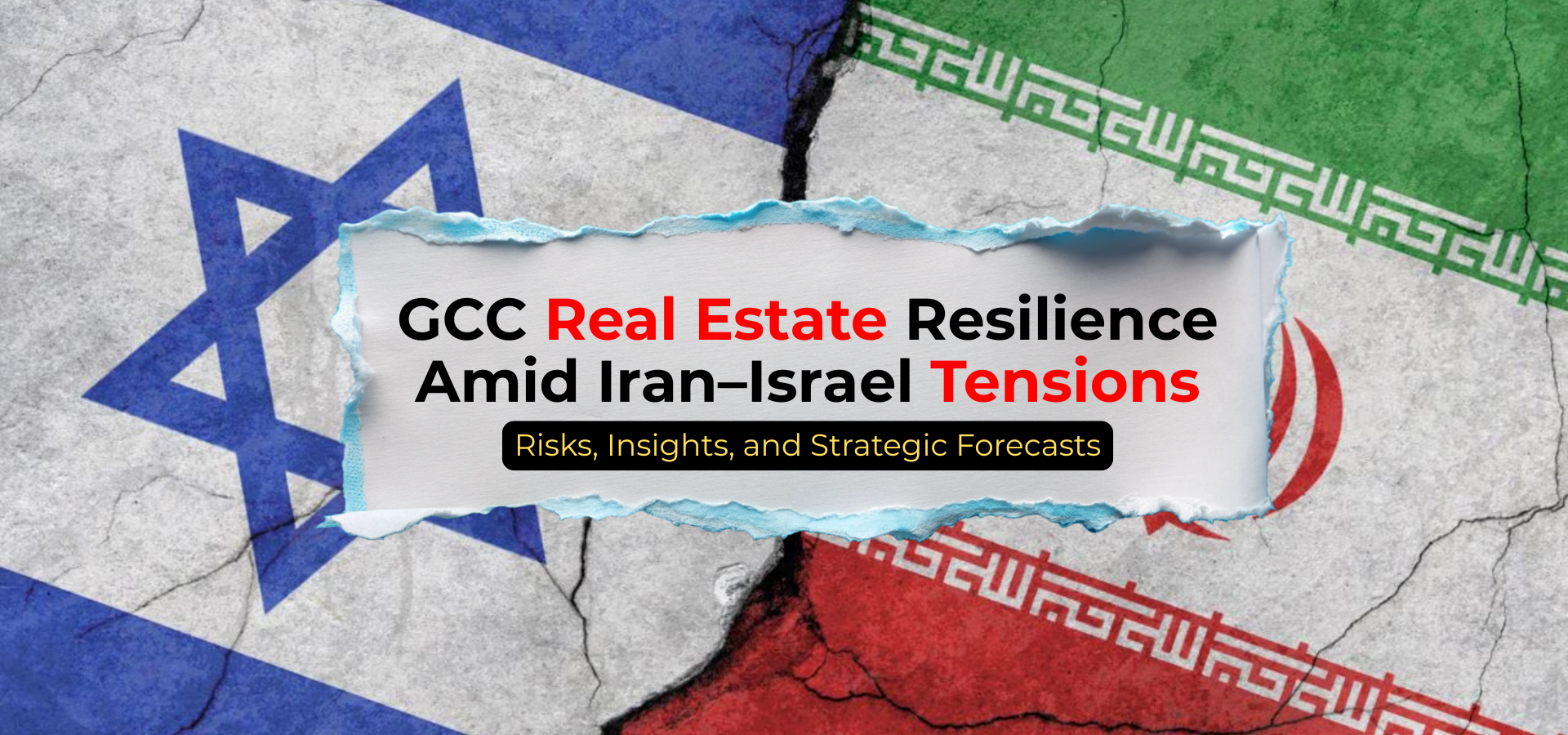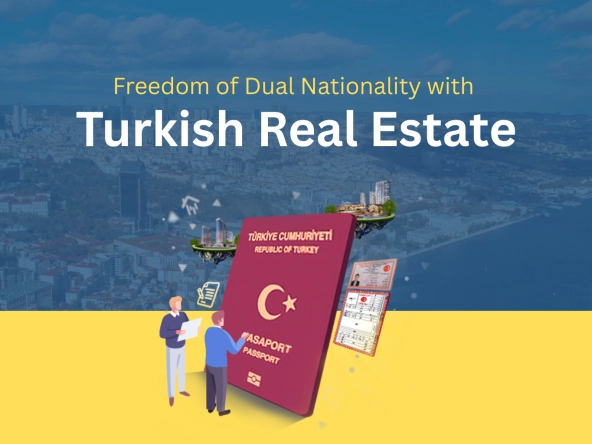By Dr. Muhammad Ali Shahzad | CEO, Ottoman Real Estate | Doctorate in Business Administration (DBA)
Meta Description: Amid rising Iran-Israel tensions, GCC real estate markets show short-term strength but face long-term geopolitical and economic risks. This blog offers strategic insights, risk analysis, and expert guidance for investors and policymakers.
Introduction
The June 2025 escalation between Iran and Israel has reignited geopolitical instability across the Middle East, placing renewed focus on the resilience of Gulf economies, particularly real estate. Despite ceasefire negotiations, market sentiment remains tense.
Surprisingly, real estate sectors in the UAE, Saudi Arabia, Qatar, and Oman continue to show strength. Drawing on recent doctoral research, this article breaks down short- and long-term dynamics and provides strategic recommendations for investors and policymakers navigating the current landscape.
1. Geopolitical Backdrop: Fire on the Horizon
Iranian retaliation following Israeli airstrikes on nuclear sites has caused diplomatic and economic ripples across the region. While GCC countries remain physically unaffected, their proximity to the Strait of Hormuz—a key oil corridor—places them at heightened strategic risk.
Investor behavior is shifting to a cautious but engaged stance. Watchful optimism defines current sentiment.
2. Short-Term Real Estate Resilience in the GCC
Despite regional tensions, real estate markets in Dubai, Riyadh, Doha, and Muscat show signs of short-term resilience:
- Oil revenues are funding ongoing infrastructure and housing projects
- Sovereign wealth funds provide liquidity and investor confidence
- Demand for residential and commercial properties remains steady
Market indices such as Dubai’s DFM and Saudi’s TASI have shown modest gains, supported by fiscal buffers and proactive policy responses.
3. Internal Migration: A Silent Strength
One of the underreported drivers of real estate stability is internal migration. Cities like Riyadh, Jeddah, and Dubai that attract domestic migrants experience:
- Sustained housing demand
- Reliable rental yields
- Expanding labor markets
Internal migration provides a buffer against external shocks by generating recurring, organic demand that anchors urban growth.
4. Long-Term Risks on the Horizon
Several risks could disrupt the current stability:
Geopolitical Escalation: Any conflict spillover into Gulf airspace, ports, or oil assets would disrupt investor sentiment.
FDI Volatility: A prolonged conflict could freeze new investments and encourage capital flight.
Inflation & Rate Pressures: Elevated oil prices may drive inflation, leading to interest rate hikes that affect mortgages and construction finance.
5. Country Snapshots: Strengths and Exposures
| Country | Strengths | Risks |
|---|---|---|
| UAE | Diversified economy, REIT frameworks, global capital inflow | Tourism dependency, inflationary spillover |
| Saudi Arabia | Vision 2030 projects, internal migration, policy reform | Execution risk, public sector dependence |
| Qatar | High income, infrastructure momentum post-World Cup | Small domestic market, regional political visibility |
| Oman | Low political friction, infrastructure-led diversification | Slower market absorption, smaller investor base |
6. Strategic Recommendations
For Investors:
- Prioritize logistics, residential, and REIT-backed real estate
- Build geopolitical risk hedging into asset allocations
- Focus on cities benefiting from internal migration
For Policymakers:
- Strengthen legal and regulatory transparency
- Expand PPP models in affordable housing
- Develop contingency planning for capital market disruptions
Conclusion: Adaptive Resilience is the Future
The Iran-Israel conflict has shifted risk perceptions in the region, but GCC real estate—backed by oil wealth, migration trends, and agile governance—continues to demonstrate adaptive resilience.
Investors and decision-makers must stay informed, diversify intelligently, and respond to emerging risks with long-term vision and grounded strategies.
References
- World Bank (2025). GCC Economic Resilience Brief
- Capital Economics (2025). Middle East Investment Risk Outlook
- Reuters, IMF, Middle East Briefing (June 2025)
Let’s Discuss
What are your thoughts on investing in GCC real estate in the current climate? Is the resilience we see sustainable?
Share your views or connect to explore tailored, risk-adjusted investment strategies.




